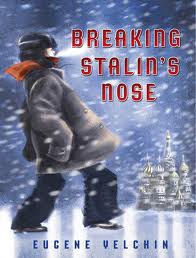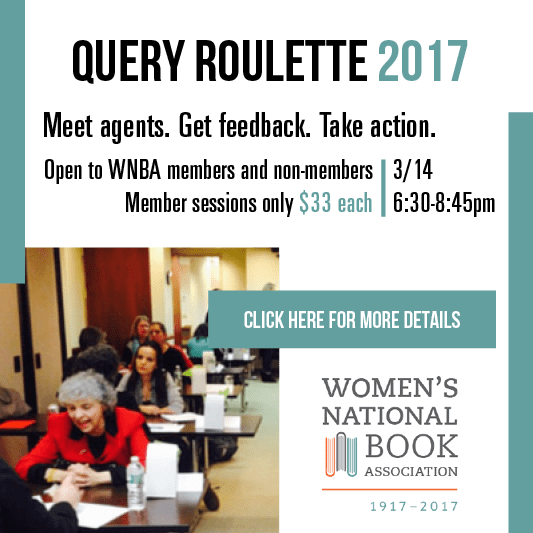“Why did we risk our lives for something so conventional in free countries as reading? The answer is simple. We were looking for truth. We were looking for truth about our country and our history.”
 Eugene Yelchin spoke these words as part of an inspirational, and truly beautiful, acceptance speech for the 2012 Judy Lopez Book Awards. Yelchin won a Judy Lopez Memorial Award for Children’s Literature for his book, Breaking Stalin’s Nose, a powerful story of life in the Soviet Union under Stalin. In his acceptance speech, Yelchin discussed the importance of books in Soviet Russia, and the lengths citizens went to in order to preserve their culture, their humanity, their words. To Yelchin, books were a lifeline to the truth from an early age, so it is fitting that Yelchin would be honored this year for bringing the truth to a new generation of young readers.
Eugene Yelchin spoke these words as part of an inspirational, and truly beautiful, acceptance speech for the 2012 Judy Lopez Book Awards. Yelchin won a Judy Lopez Memorial Award for Children’s Literature for his book, Breaking Stalin’s Nose, a powerful story of life in the Soviet Union under Stalin. In his acceptance speech, Yelchin discussed the importance of books in Soviet Russia, and the lengths citizens went to in order to preserve their culture, their humanity, their words. To Yelchin, books were a lifeline to the truth from an early age, so it is fitting that Yelchin would be honored this year for bringing the truth to a new generation of young readers.
 This is the 27th year in which the Los Angeles Chapter of the Women’s National Book Association and the Judy Lopez Memorial Foundation have presented The Judy Lopez Memorial Award for Children’s Literature. The award is granted annually to excellent works for nine- to twelve-year-olds, in remembrance of Judy Lopez, a founding member of the WNBA’s Los Angeles Chapter. Each year, a panel of judges selects a winning book and several honor books. This year, the medalist was Icefall, by Matthew J. Kirby. Breaking Stalin’s Nose was an honor book, along with Close to Famous, by Joan Bauer, and Bird in a Box, by Andrea Davis Pinkney. These books represent some of the best in the field of books for young readers. Meanwhile, the award itself represents the commitment of the LA Chapter to celebrate and support excellent children’s literature.
This is the 27th year in which the Los Angeles Chapter of the Women’s National Book Association and the Judy Lopez Memorial Foundation have presented The Judy Lopez Memorial Award for Children’s Literature. The award is granted annually to excellent works for nine- to twelve-year-olds, in remembrance of Judy Lopez, a founding member of the WNBA’s Los Angeles Chapter. Each year, a panel of judges selects a winning book and several honor books. This year, the medalist was Icefall, by Matthew J. Kirby. Breaking Stalin’s Nose was an honor book, along with Close to Famous, by Joan Bauer, and Bird in a Box, by Andrea Davis Pinkney. These books represent some of the best in the field of books for young readers. Meanwhile, the award itself represents the commitment of the LA Chapter to celebrate and support excellent children’s literature.
While each winner gave the young readers of America a book to be celebrated, Yelchin’s moving speech, in particular, is a must-read for anyone who has ever loved a book. According to Yelchin,
The courage of writers like Solzhenitsyn who were still living in the Soviet Union but published abroad, or were distributed through self-publishing was awe-inspiring. In retrospect, the courage of their readers was no less so. If apprehended by the police with any of the banned books in possession, one would most certainly face a long journey to a Siberian Gulag with a slim chance of a safe return.
Why did we risk our lives for something so conventional in free countries as reading? The answer is simple. We were looking for truth. We were looking for truth about our country and our history.. . . I could not learn truth about those crimes from my father while he was still alive. I could not learn it from my friends. Truth was not taught at my school or the university I attended. Truth was not available in the newspapers or the magazines. You could not hear truth on the radio or television. I learned truth from the books I risked my life to read.
To read the rest of this speech, visit the Judy Lopez Book Award website here.




